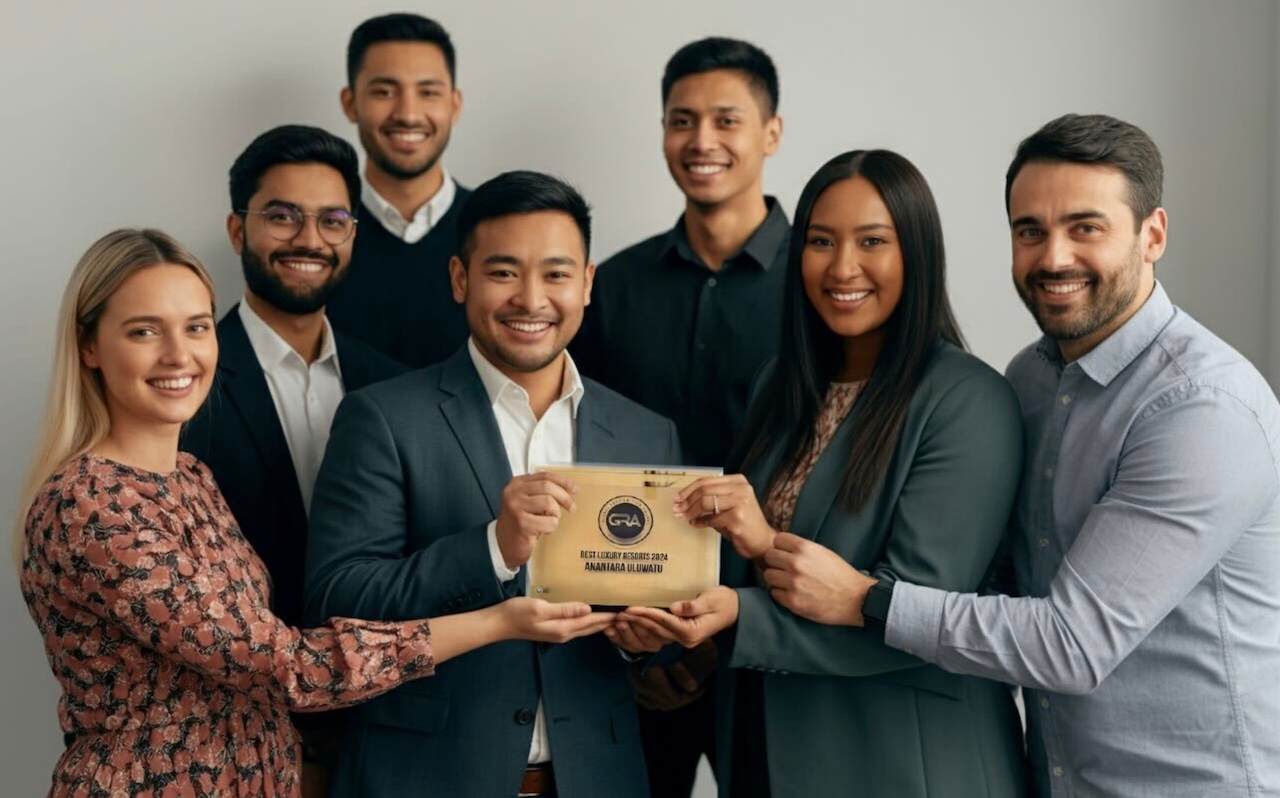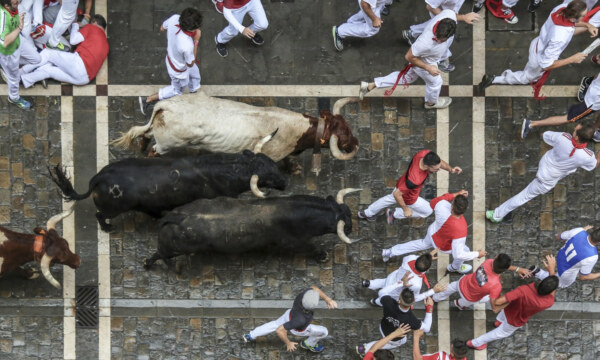Global Recognition Awards’ use of blockchain builds credibility amid declining public trust

Jethro Sparks’ office displays an unusual centrepiece that challenges everything previously understood about business awards. The crystal trophy gleaming on the desk is not extraordinary because of its polished surface or elegant design. Hidden within its digital DNA lies something far more significant: an immutable blockchain certificate that makes fraudulent claims impossible.
Every detail of its journey from evaluation to award has been permanently etched into a distributed ledger, creating the world’s first tamper-proof business recognition. This advancement arrives at a moment when public trust in awards and recognition programs has reached historic lows, forcing an entire industry to confront uncomfortable truths about credibility and authenticity.
Sparks founded Global Recognition Awards with a simple yet radical premise of using blockchain technology to eliminate rampant fraud. His company processes over 12,400 evaluations annually across categories ranging from startup recognition award programs to established enterprise achievements, rejecting the majority of applications through merit-only evaluation.
Traditional awards programs have become synonymous with pay-to-play schemes, where recognition can be purchased. This undermines genuine achievement and erodes stakeholder confidence. Gone are the days when stakeholders could take awards at face value.
According to Sparks, fraudulent business awards have proliferated across industries, with companies skeptical of third-party recognition claims. This erosion of trust creates a paradox, where businesses need credible validation more than ever, yet the very mechanisms designed to provide that validation have been compromised by systemic fraud.
Global Recognition Awards’ blockchain solution addresses this problem by creating permanent, verifiable records that cannot be altered or fabricated.
How immutable records restore trust
The blockchain integration operates through multiple layers of verification. Each award decision undergoes evaluation by independent specialists using quantifiable metrics, followed by blockchain timestamping that creates permanent proof of legitimate achievement.
The distributed ledger technology ensures that every certificate issued carries immutable verification, accessible through public blockchain queries. This transparency represents a shift from traditional awards programs that operate behind closed doors with little accountability.
“Our blockchain certificate ledger creates tamper-proof records that restore stakeholder trust through technological verification,” Sparks explains. The system has achieved 100% uptime since its implementation and processes thousands of blockchain-timestamped awards.
Recipients receive perpetual licenses to display blockchain-backed winner seals, enabling instant verification by stakeholders, investors, and partners. This ongoing verifiability changes awards from static achievements into dynamic proof points that maintain their integrity over time.
The public verification database allows anyone to confirm award authenticity through blockchain queries, eliminating the uncertainty that has plagued traditional recognition programs.
Revenue growth reflects market validation
The market response reveals significant demand for verified recognition. Global Recognition Awards has achieved a 212% compound annual growth rate since 2020, with FY-2024 revenue increasing 68% year-on-year to reach the high seven-figure range.
This growth demonstrates that businesses are willing to pay for blockchain-verified evaluation over traditional programs lacking verification technology. Recently, Global Recognition Awards was included in the “Top 10 Global Awards Programs to Watch” partly for its blockchain advancement in combating awards fraud, generating substantial media coverage that highlighted the company’s technological approach to industry problems.
The company’s expansion plans reflect growing international interest in verified recognition. Current operations span North America, Europe, MENA, and Asia-Pacific, with consistent blockchain verification standards across all regions. Planned launches of portals in different languages will extend tamper-proof certification technology to more regions, suggesting a global appetite for verified business recognition.
Traditional competitors have yet to implement blockchain verification or tamper-proof certification. This technological gap positions Global Recognition Awards as the industry pioneer, potentially forcing the adoption of verification standards across the awards sector.
The future of business recognition likely depends on the widespread embrace of verification technology. Companies like Global Recognition Awards are pioneering solutions that could become industry standards, changing awards from subjective endorsements into objective proof points. This development benefits not just award recipients but the business ecosystem that relies on credible validation for decision-making.
The editorial unit
Photo: Courtesy of Global Recognition Awards

























Facebook
Twitter
Instagram
YouTube
RSS